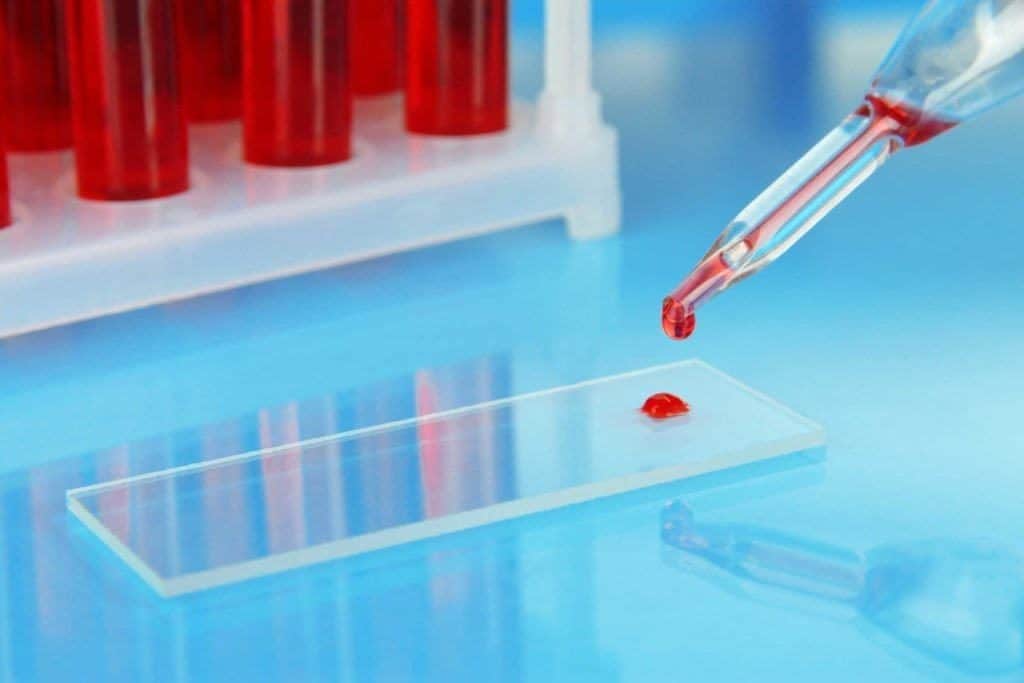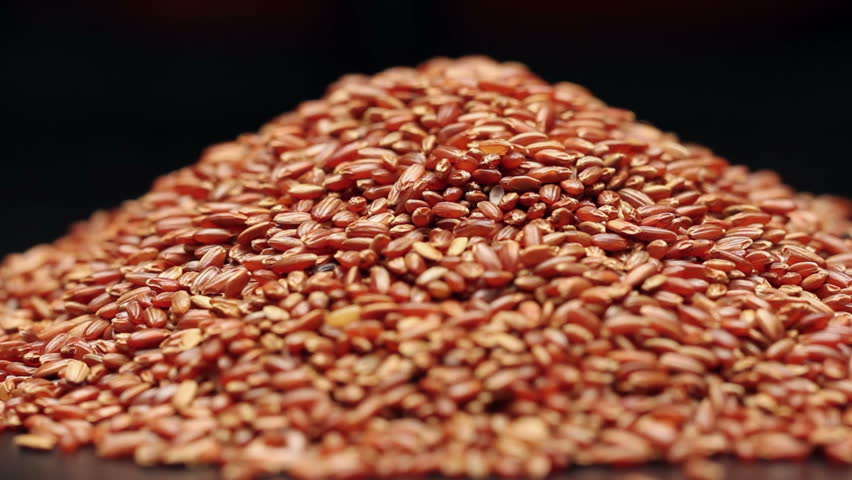Contents:
- Medical Video: Vitamins: do you need supplements?
- What are vitamins?
- Types of vitamins and their differences
- Benefits of each vitamin
- Fat-soluble vitamins
- Water-soluble vitamins
Medical Video: Vitamins: do you need supplements?
You already know that vitamins are nutrients that are important in maintaining a healthy body. However, what makes vitamins so important? Actually what is a vitamin? What are the types? Come on, see the full explanation below.
What are vitamins?
Vitamins are organic substances found in many foods. Well, vitamins are very important substances in helping the physical and mental development of humans, even though the body needs a small amount. Because it is needed in small amounts, vitamins are classified as micronutrients.
Unfortunately, the human body cannot produce its own vitamins. So it is very important for you to eat foods and drinks that contain vitamins.
Types of vitamins and their differences
Vitamins are types of micronutrients that are still divided into groups and different types. There are 6 types of vitamins that play an important role in maintaining the function of the human body. While the two groups of vitamins are fat-soluble vitamins and water-soluble vitamins.
Fat-soluble vitamins are stored in fat cells and require fat to be absorbed. Which includes fat soluble vitamins are vitamins A, D, E, and K. Similar to fat, fat-soluble vitamins will be stored if the amount is excessive and will be used for the next process. Therefore, make sure you only take supplements of these vitamins to taste. When consumed in excess, this vitamin is not removed by the body so that it can be harmful to your health.
In contrast, vitamins that are soluble in water cannot be stored in the body. Therefore, the human body needs to consume water soluble vitamins every day in the appropriate amount. The advantage, this type of vitamin can be absorbed at any time without having to need fat.
Benefits of each vitamin
Knowing the health benefits and effects of each vitamin is important. This can help you balance your diet and know the symptoms of certain vitamin deficiencies or deficiencies.
Fat-soluble vitamins
- Vitamin A serves to maintain eye health and immune function, being one of the main factors that help cell growth, and plays a role in the process of gene formation and protein. Symptoms of vitamin A deficiency are vision problems and are prone to infection.
- Vitamin K helps the blood clotting process. Symptoms of deficiency include easy bruising, deep black blood, and small blood clots under the nails.
- Vitamin D able to help absorption of calcium and phosphorus which are important for bone health and maintain the nervous system. Symptoms of vitamin D deficiency are rickets in children and osteomalacia in adults.
- Vitamin E protect cell membranes, prevent excessive blood clotting, and supply oxygen to the blood. Symptoms of vitamin E deficiency include anxiety, problems with the circulatory system, and the reproductive system.
Water-soluble vitamins
- Vitamin B can provide energy reserves (vitamin B6) and release energy (vitamin B12), maintain the nervous and visual system. Vitamin B deficiency symptoms are anemia, inflammation, weakness, paranoid, paresthesia, pain, diarrhea, and others.
- Vitamin C serves to help the formation of collagen while fighting free radicals that can damage DNA. So, symptoms of vitamin C deficiency include weakness, muscle and joint pain, dry skin, pale tongue, nosebleeds, old wounds heal, and others.
Hello Health Group does not provide advice, diagnosis or medical treatment.












